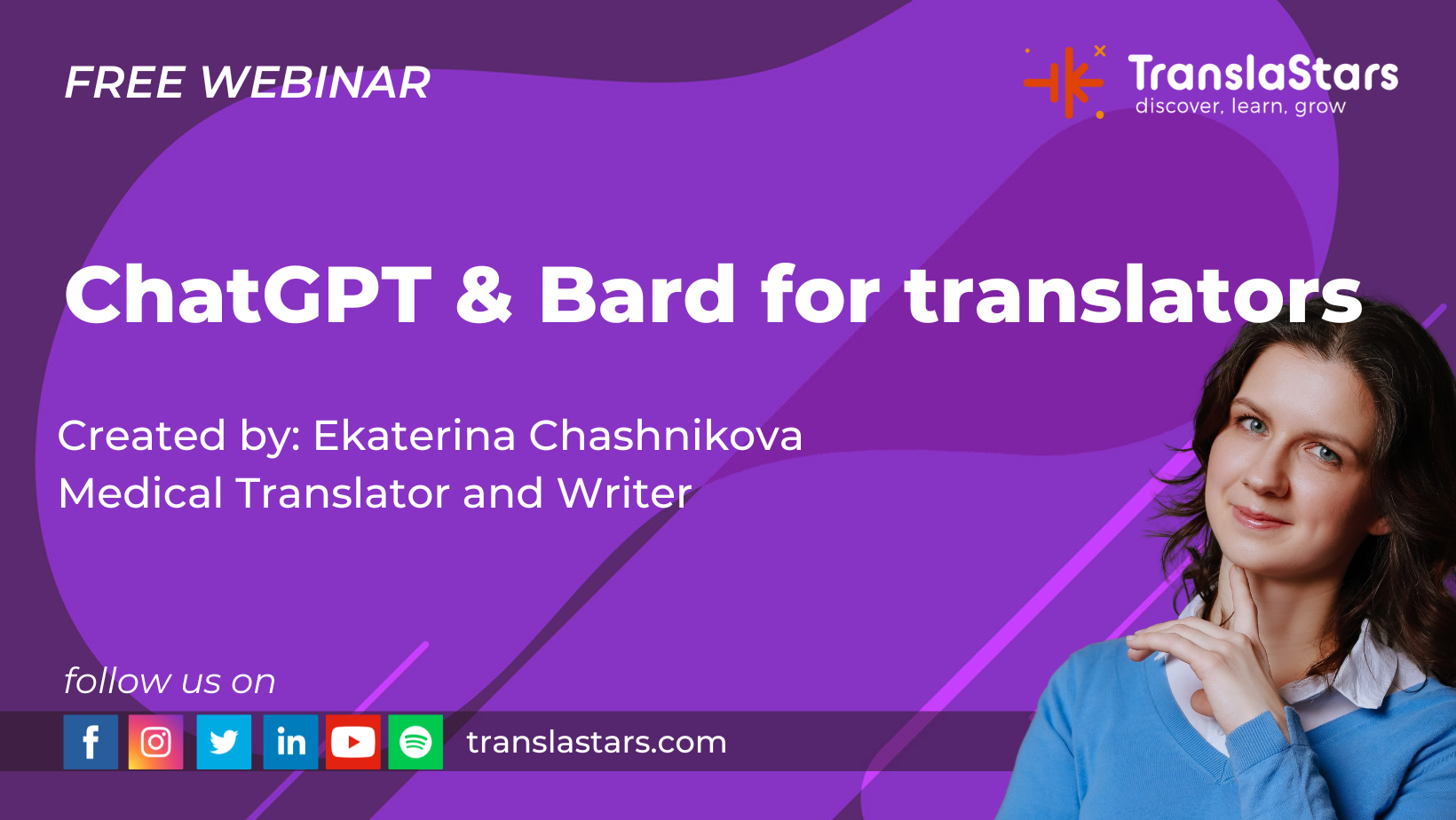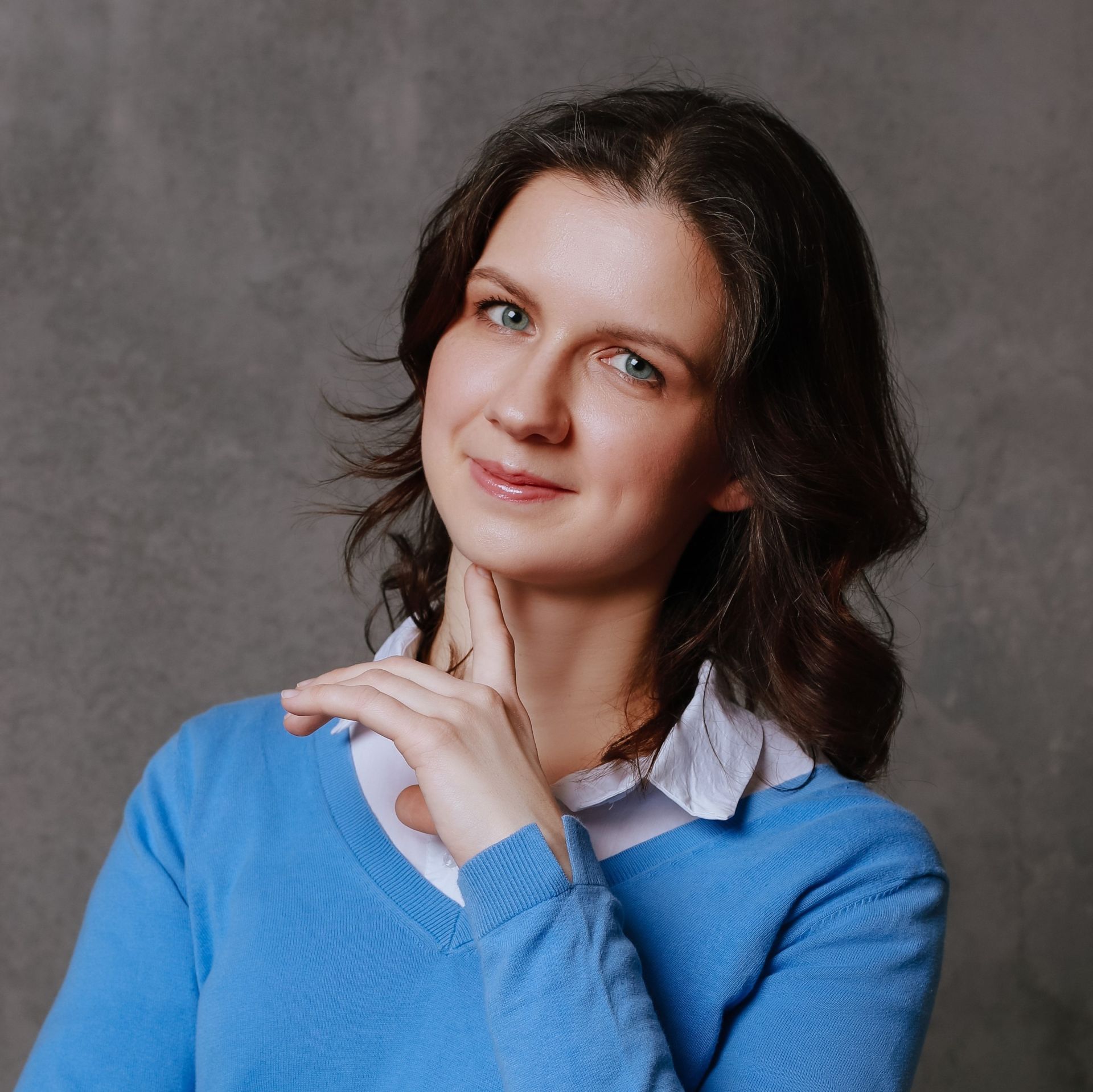
Stay ahead in the AI gold rush with this 2-hour workshop focused on hands-on applications of ChatGPT by OpenAI and Google's Bard in translation and localization. Explore practical uses such as terminology extraction, gendered word analysis, proofreading, writing meta descriptions, and SEO optimization while comparing the capabilities of ChatGPT, Bard, GPT-3, and GPT-4. Minimize theory and dive into practical exploration to uncover potential gold mines for improving your professional projects.
Stay ahead in the AI gold rush with this 2-hour workshop focused on hands-on applications of ChatGPT by OpenAI and Google's Bard in translation and localization. Explore practical uses such as terminology extraction, gendered word analysis, proofreading, writing meta descriptions, and SEO optimization while comparing the capabilities of ChatGPT, Bard, GPT-3, and GPT-4. Minimize theory and dive into practical exploration to uncover potential gold mines for improving your professional projects.
In the midst of the AI gold rush, it’s essential to keep up with the recent developments and understand where the wind is blowing. Don't let the others find all the nuggets!In this 2-hour workshop, we focus on two most popular tools: ChatGPT by Open.ai and Bard by Google. We will keep theoretical part to the minimum and try out the most practical applications of these tools in translation and localization in their online interfaces.The potential gold mines include:
We compare both ChatGPT and Bard and GPT 3 and GPT 4, which is currently available under ChatGPT Plus subscription and via API.

Ekaterina is a medical translator for the combination English-Russian and a medical writer.At the 4th year of pharmacy school, she started translating medical publications to earn some money and fell in love with translation. She later studied linguistics and translation in a 2-year university program for specialized translators.She worked for 2,5 years as a project manager in translation agencies and became a freelancer by the end of 2010. She currently works as a writer in a medical communications agency and as a translator for pharmaceutical companies and translation agencies.Ekaterina moderated a medical writing track at a ChatGPT hackathon in April 2023 and continues to explore and find practical uses of LLMs.Over the years, she spoke at translation conferences and kept a blog about medical and pharmaceutical translation. She continues sharing her knowledge and expertise and is building a community of medical translators and writers around mymedpharm.info, a hub of internet resources and knowledge.Last but not least, Ekaterina does volunteer translations and revisions for “Future actually”.